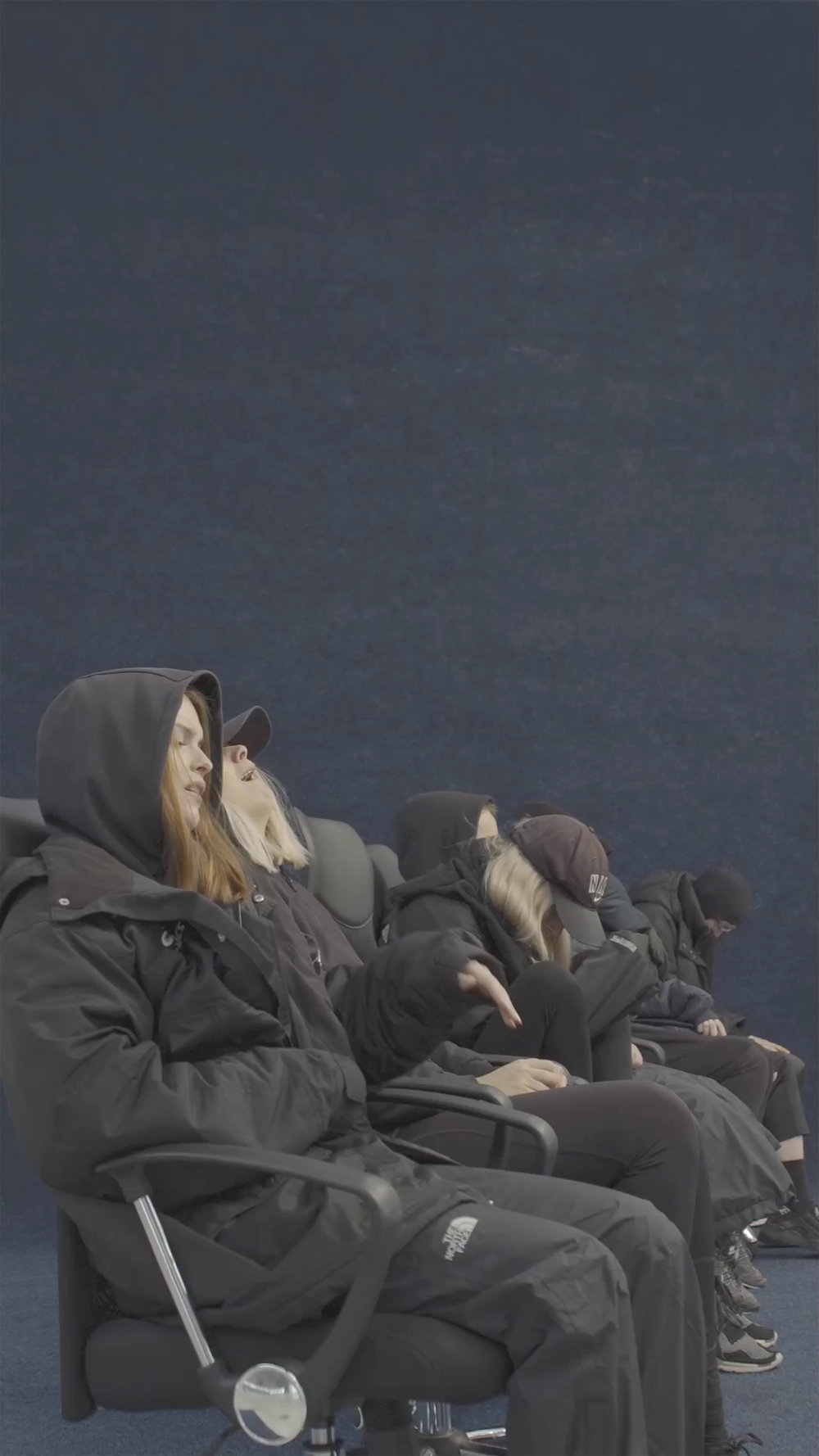
Acid Rain, 2017, full HD video, sound, 5’04’’
Today, ethical reflection on the value of nature is regarded as a sports discipline. Ecologists compete in how to introduce values with a clear hierarchy. They create an autonomous construct, different from our personal desires and experiences; a hypothetical machine designed to control. Feelings have nothing to do here; even worse, they are perceived as ridiculous obstacles easily interfering with perfectly thought-out machinery. Arguments that are not based on facts, but on love or compassion, are irrelevant. The heroic mind has managed to look, but not see, act but not feel, think but not know. Holistic people adopt a different standpoint on the current crisis of nature. Their opinions do not have a competitive essence, we can rather call them stories that model a fluid portrait of the world we live in. This image is not based on a unified view. It is a stream that brings the voices of people emerging from different places and life circumstances. They emphasize the metaphorical role of nature settled in abstract universal principles, and replace the dictates of heroic ethics with the imagery of the world’s mindscape. Holism is defined as a theory establishing the organization of the world on the existence of a whole, while heroic ethics is characterized by isolated action. Whereas nature ethicists have tended to concentrate on “rescuing” the “damsel in distress”, ecofeminists have been more likely to ask how and why the “damsel” arrived at her present plight. The image of nature appears less heroic but it's equally violent in its own way. It is the image of nature as mindless matter, which exists to serve the needs of superior, rational “Man”. In this image, animals are depicted as having different, unequal natures rather than as wild or evil creatures that must be conquered and subdued. They are not so much irrational as nonrational beings. The grief felt at the loss of a species or a native habitat can't be encapsulated in scientific thinking or logic. It has a different kind of truth.